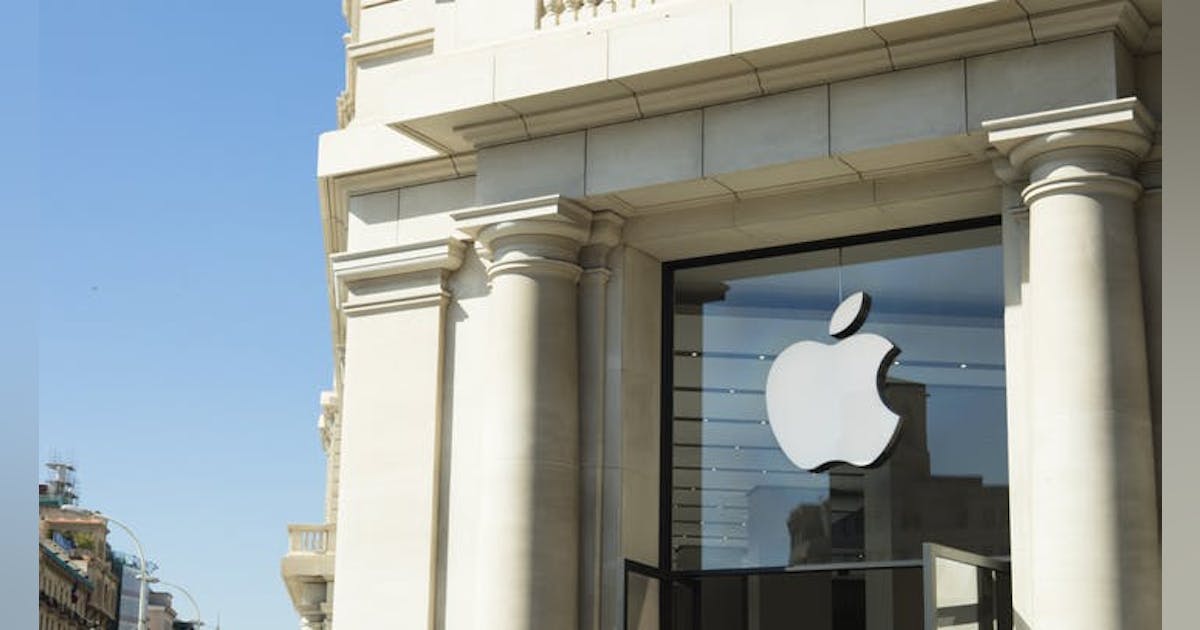Apple is preparing to enter the home security camera market with a new lineup of products designed to compete directly with Amazon’s Ring and Google’s Nest, according to Bloomberg.
The recent report said the company is developing a battery-powered camera code-named “J450” that could last from several months to a year on a single charge. The devices are expected to include facial recognition and infrared sensors to detect who is in a room, potentially enabling tasks such as turning lights off when someone leaves or playing music preferred by a particular family member.
Bloomberg also reported that Apple has tested a doorbell with facial recognition technology capable of unlocking a door, and that the company is planning multiple types of cameras and related products as part of an entirely new hardware and software lineup. These efforts would build on Apple’s existing iCloud+ subscription services, which already provide online storage for video footage from third-party cameras.
A potentially disruptive move
Jennifer Kent, vice president of research at Parks Associates, told SecurityInfoWatch that Apple’s entrance could be significant given the company’s brand loyalty and installed base of devices.
“Apple’s entry into smart home security would be highly significant due to its loyal, affluent base and ecosystem strength,” she said. “Unlike Amazon and Google’s household focus, Apple’s individual-first strategy could carve out a premium, privacy-centric niche. This would likely disrupt DIY competitors first, while professional security providers would feel indirect pressure to differentiate on services and monitoring rather than compete head-to-head.”
According to Parks Associates’ “Home Security Consumer Insights” report, 47% of U.S. internet households have a security solution, either a system or device. Among the 35% who pay for a security service, one in five (21%) are paying for self-monitoring of video devices. Smart video devices are now in 33% of households, a trend Kent said is being driven by affordability, wireless flexibility, and growing safety concerns.
Paid services remain central to the market: 78% of security system owners pay for some form of service, whether professional monitoring, self-monitoring, or video storage. Roughly 19% of all internet households have professionally monitored systems, while 7% pay for non-professional services like alerts and video storage.
Ecosystem advantages
Kent pointed to Apple’s reach and brand loyalty as differentiators. Parks Associates research shows that 61% of U.S. internet households own at least one Apple device, and one-quarter qualify as “Apple loyalists” who own three or more.
“Given this base, Apple’s expansion into smart cameras or automation would be significant, because it could integrate with products consumers already trust and use daily,” she said.
